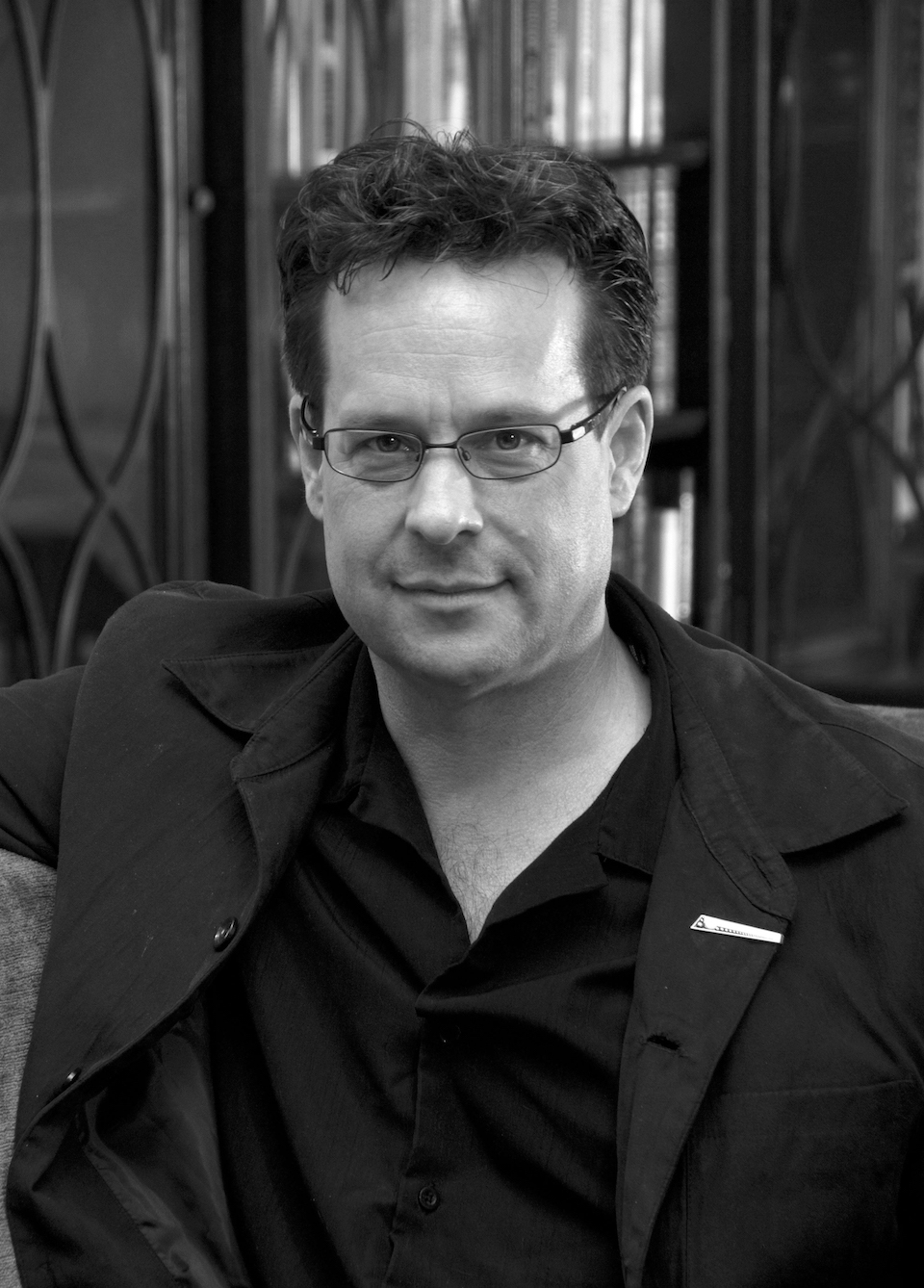Award Winners
George Bogin Memorial Award - 2004
Kevin Prufer

THE PASTOR
I was a long pew of lonely men.
The pastor said Kneel and I kneeled.
The pastor said Rise and Now we will sing.
Outside, parachutes tangled in the trees.
Soldiers unhooked their harnesses
and dropped to the ground while the parachutes gasped in the sun
like morning glories. The gunfire said Bang, bang, bang
and the pastor said Kneel and the old men kneeled. I kneeled.
The pastor said Bow your heads.
The parachutes swayed in a wind
and from the woods the sounds of sticks cracking.
A morning glory expands like a man who has jumped from a
plane.
Like a parachute.
The pastor lit a candle and another. The pastor
touched his chest here and here. The old men swayed in their
shoes.
I was a pewful of such men,
eyes rolled back in my head. Weak and
trembly. How lovely the parachutes in the churchyard, their
cords
twisting in the wind like a mission.
How lovely, the bellsthat rocked on dowels in the tower, the sounds that slept in the
hammer.
The hammer that swayed like a soldier beneath the bell.
The gunfire said Surprise, said Ache.
The pastor said Be seated!
The pastor cleared his throat as though he had something to say,
holding his book before him.
In the churchyard a young man knelt by a tree.
Someone put a rifle in his mouth
and the pastor said Amen.
The bell crashed through the tower.
Tory Dent on Kevin Prufer
Kevin Prufer has beautiful, interesting imagery and language throughout his work, but what is most striking about his poetry is its use of narrative. Typically two or more narrative strands juxtaposed against one another interact to create a dialogue between the ordinary and the extraordinary, the everyday and the terrible. At times the juxtaposition of these narrative strands is virtuosic and exhilarating, at times a little disorienting, but they create a whole that provokes both the nostalgic and a feeling discovery. Ultimately what Mr. Prufer accomplishes is a more comprehensive assessment of the human condition by placing life and death, the mundane and the tragic, side by side, connecting them with slender associative threads and allowing them to co-exist and act as both commentary on and context for one another.
